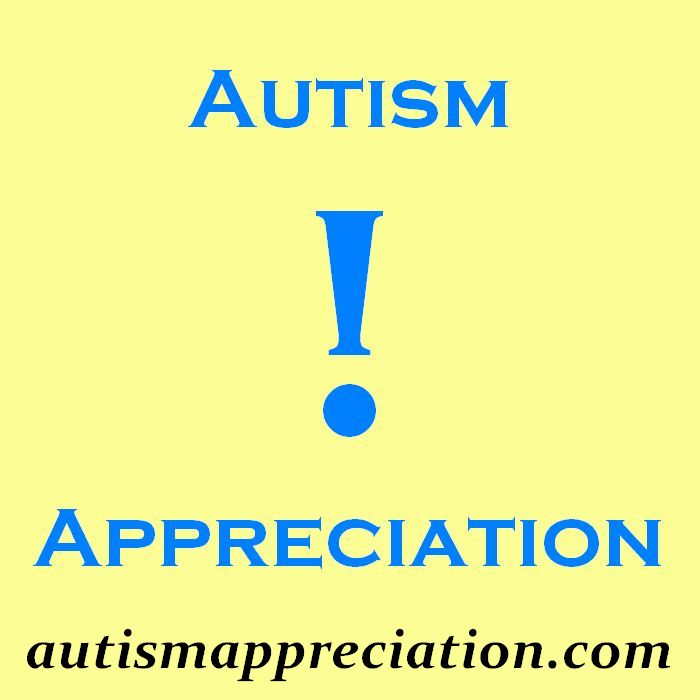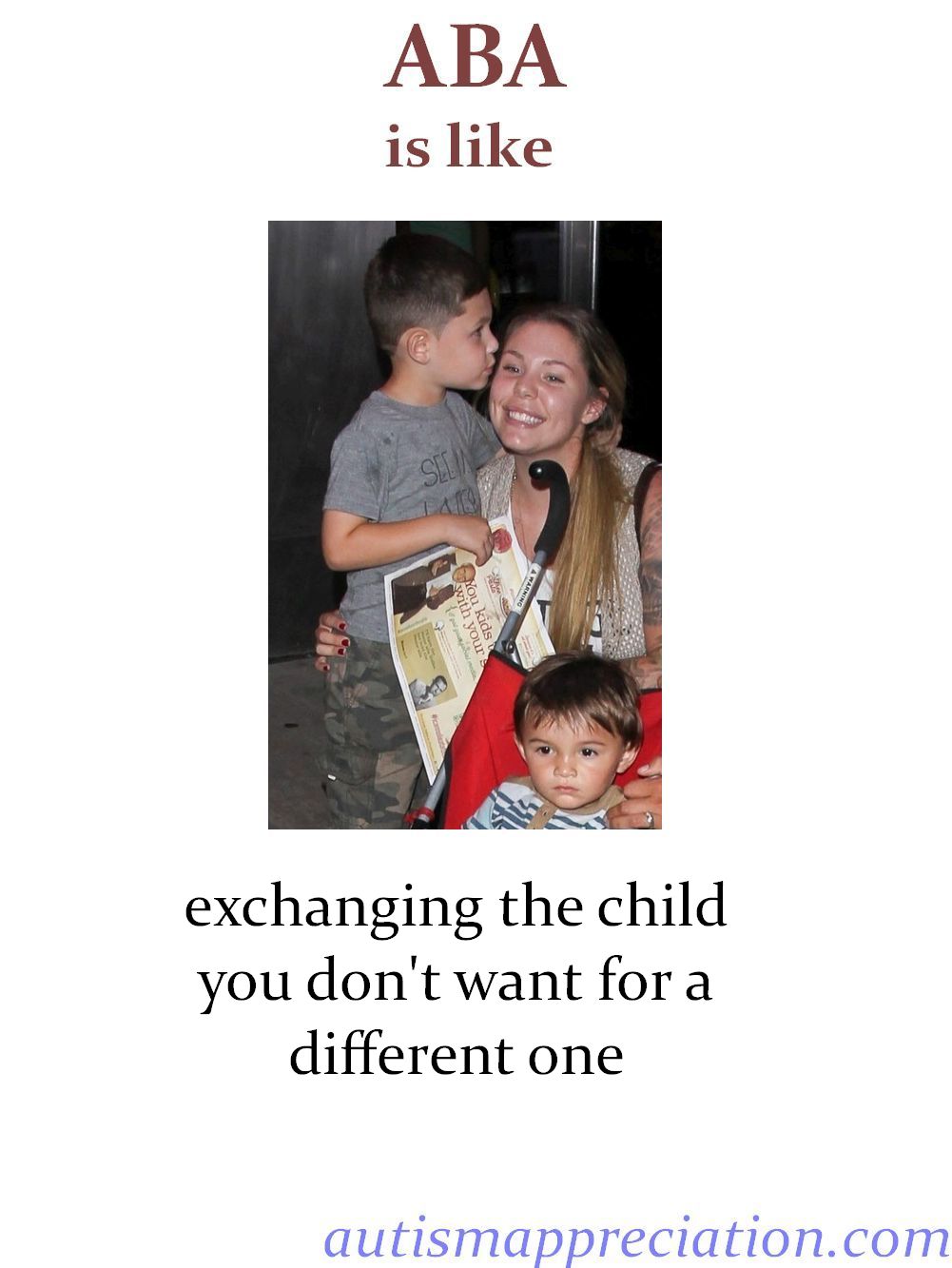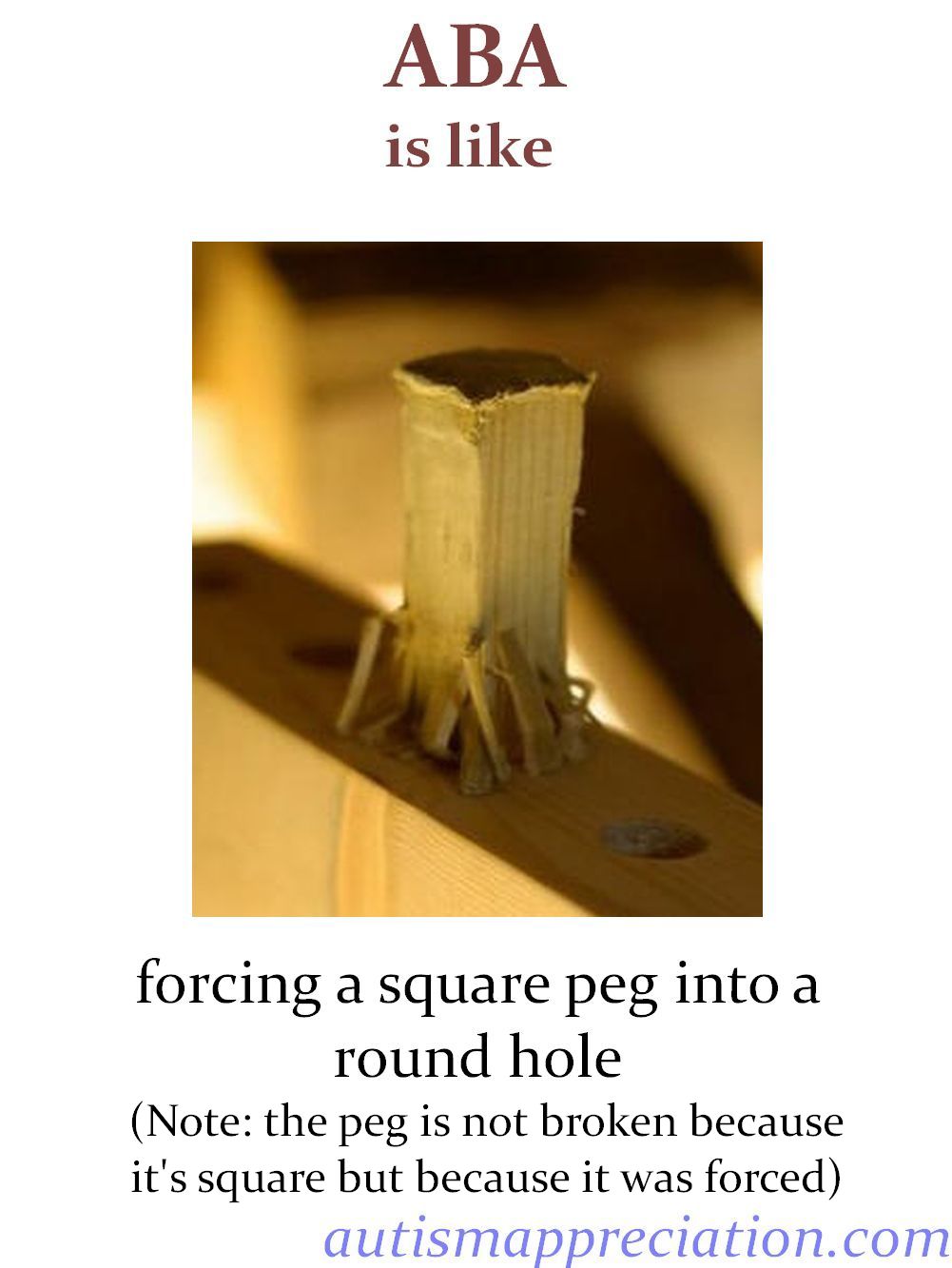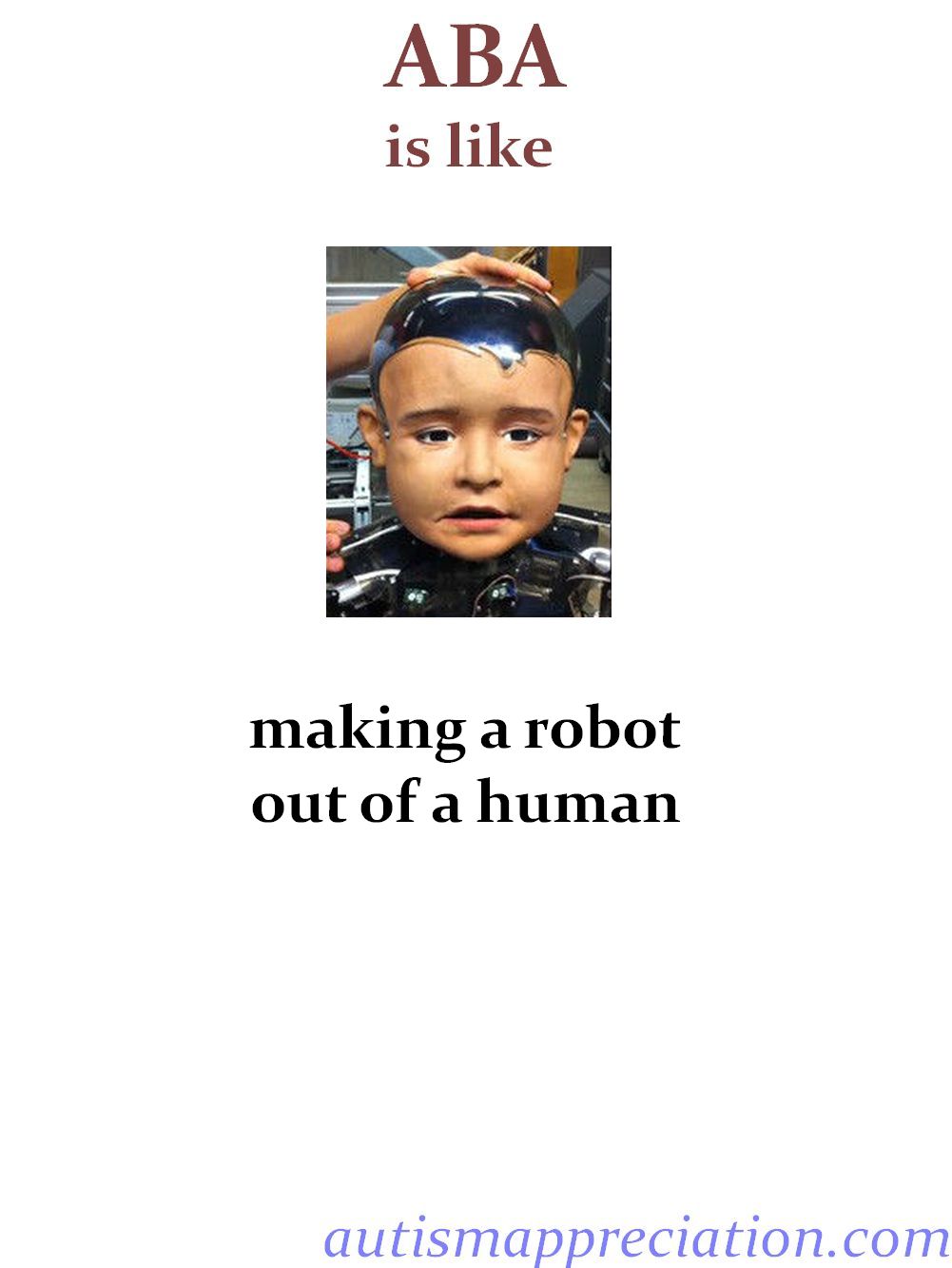Read more on Tweet
|
Projects that work with the therapy form ABA (Applied Behaviour Analysis) will no longer be supported by Aktion Mensch. Already since November 2016, applicants who offer projects for people on the autism spectrum have to indicate to us whether the planned measures include ABA therapy. If this is the case, the project will be excluded from funding.
The reason is the months-long criticism of a project we used to sponsor, especially by representatives of the autism community. We take this criticism seriously. The critics claim that ABA means conversion and conditioning of the children. There are just as many advocates in the affected families, as well as among therapists and scientists who claim that the therapy is successful.
Emotions already ran high more than a year ago at the Aktion Mensch-funded project "Bremer Frühfördertherapieprogramm Autismus" (‘Early Intervention Programme in Bremen’). The project has been running since 2014, is supported with a total of €249,591 and will end in May 2017, according to the contract.
After becoming familiar with the allegations, Aktion Mensch tried to bring critics and advocates together. However, the discussion didn’t provide clarification, and there was no consensus between the parties. Since no common ground could be found and the criticisms still stand, we have decided on the above-mentioned action.
In the course of the discussion we were accused of ‘sitting out’ the topic and the criticism. In future, therefore, we will try to create more transparency in communication, even on difficult issues.
The majority of people who commented welcomed the decision to stop supporting ABA (autistic individuals, parents and therapists). Most of those who opposed the decision (parents and therapists) dismiss negative experiences of autistics as individual experiences, and a lot of them reject criticism of ABA as propaganda and a ‘shitstorm of bloggers’.
Some random pieces of the discussion:
When someone claimed that ABA was ‘highly recommended internationally’, it was pointed out that it was not recommended by the target group.
A father said that he’d have approved any type of conditioning to have a functioning child.
One poster rejected the term ‘conditioning’, claiming that we all learn by consequences.
Two posters thanked the ABA supporters for furthering the case against ABA with their statements.
One comment provided a link to the Unstrange Mind article on ABA.
There were also voices who called for a compromise (although I’m not sure what a compromise between ABA and non-ABA would look like).
One poster also made the same point as I did in my own article on ABA - that the subject will become more vulnerable to abuse since they can’t distinguish between authorised and unauthorised abuse: ‘The autistic child is already taught that their limits don’t matter, that they’re not allowed to set limits. [...] This causes difficulties for many autistic females starting with puberty. They learned that others have authority over their bodies and behaviour, and so they’re likely to find it normal if a male wants to control their body.’
One of the comments by autistic individuals reads: ‘Dear ABA supporters, dear parents who think ABA is great, you complain that we are against ABA, that we accuse you of conditioning children, of not loving and mentally abusing them. Have you ever thought that we are against ABA for a single reason, and this reason is the suffering of the "cured" who are still traumatised by ABA re-education today? The therapy which is carried out over hours and days, and breaks the soul? I am glad ABA is no longer funded.’
One ABA proponent criticised that funding was withdrawn before the mentioned Bremen study on the efficiency of a form of ABA is concluded.
The same poster also provided a good summary of the discussion:
Regarding the ABA Debate on the Aktion Mensch Blog
or
The Naturalistic Fallacy
After reading all the comments on Aktion Mensch’s blog about withdrawing the funding of ABA (Applied Behaviour Analysis), I have reached the following conclusion:
Main argument of ABA proponents: It works.
Main argument of ABA opponents: It is unethical.
Both arguments take place on entirely different levels of discourse: ethics is a theoretical discourse, functionality a practical one.
Or, to phrase it scientifically:
The proponents’ argument that ABA works can be tested empirically (by scientific studies or analysis of individual cases).
If something works, and we can demonstrate the fact by means of empirical studies (ideally repeatedly and with several sample cases), we can call it ‘evidence-based’.
ABA proponents further argue: If ABA works, we should use it.
Not so the opponents of ABA:
The argument that ABA is unethical cannot be tested empirically because from the way things are or appear to be (empiricism) we can’t conclude whether this is the way they should be (which is the fundamental question of ethics).
This means: if ABA is ethically questionable or acceptable cannot be demonstrated by empirical studies. Thus, ABA critics cannot claim that their argument is ‘evidence-based’.
What follows is a fallacy: If something WORKS, we SHOULD do it. This is taking the IS (which is empirically observable) and deducing the OUGHT from it. I haven’t come up with this – fallacies of this kind fall under Hume’s Law and are called ‘naturalistic fallacies’ in philosophy.
You’ll guess where this is leading:
Therefore, the ABA proponents’ claim that ABA works does NOT prove that it is ethical (SHOULD be used).
We can conclude further that the argument of whether ABA is ethical has nothing to do with its evidence base. The question of ethics is located on a different level than that of functionality.
In my opinion, the question of ethics is situated at a higher level than the question of functionality. From a certain threshold of ethical concerns, functionality becomes irrelevant. Thus we have to discuss whether the end justifies the means. To do this, all involved have to reveal their convictions (i.e. their ideas of ethics).
I will do this briefly for both parties:
Normative Convictions:
ABA proponent: The autistic child should(!) be able to lead a NORMAL life. The aim is to have a normal child.
ABA critics: The autistic child should(!) be themselves. The aim is to be DIFFERENT within a specific normality.
My impression is that ABA critics don’t question this basic position of ABA proponents (that autistics should be able to lead a normal life), but that they articulate their doubts about the methods used. In this case, ABA.
This is followed by ABA providers with two main answers (I won’t respond to irrelevant arguments):
- It works (e.g. ‘It helped my family, my child etc.’, ‘Studies prove its efficiency’)
- What you (ABA critics) consider unethical is not ABA.
All right. If ABA is everything we don’t consider unethical, the time has come for a definition of ABA – but that’s nonsense, because the ABA programmes themselves include sufficient material that could and should(!) be ethically questioned.
Therefore Aktion Mensch, in my opinion, have come to the right decision: before the level of ethics remains unsolved, we can ignore the level of functionality.
Unless we equate IS and OUGHT.
In January 2017 Aktion Mensch, a large German charity, has withdrawn funding for all projects that include Applied Behaviour Analysis (ABA). This is a translation of their statement (click here for original article):
Autistic Allies asked me for the gist of the discussion in the comments section of that page.
And an autistic therapist stated, ‘I would like to tell all those who claim autistic people can’t communicate one thing: everyone communicates and learns. Nonverbal autistics, too. I have communicated with some and without words. You just have to get rid of this normative thinking and open yourselves up to other ways of life and perception. Stop projecting your own ideas about normal life onto other people and accept that autistics speak their own language. Thanks for this decision and very special thanks to all who have fought for it for so long!’
One poster complained about the ‘Aspergers who oppose the education of our children’ and was told ‘Dear Frau Klemm, what makes you think that critics of ABA are only “those Aspergers” (how derogatory)? I can assure you that you are entirely wrong. For example, I’d be the perfect target for ABA providers. My son is what is wrongly called "low-functioning". Non-verbal until the age of 5, he needs support in many ways. He displays all those behaviours ABA providers use to cause panic in parents. And I am strictly opposed to ABA. That doesn’t fit your view of the world, does it? Why do you think I’m so certain when I state that autistic children develop without ABA? [...] I also think that in the interest of the readers it should be pointed out that you are not only a mother but a professional ABA representative as well.’ - In turn, Frau Klemm accused her of neglecting her child.
‘I find it conspicuous how parents compose emotional anecdotes, anecdotes that show that the authors have neither dealt with the criticism of ABA, nor have any interest in communicating with autistic adults on equal terms, which in turn confirms the criticism of ABA. [...] We witness a demonstration of how ABA providers promote their product by causing panic. [...] Dear parents, if you really suffer that much from the fact that your child is different from what you expected, seek professional help. For yourselves, that is; your child has been through enough. Learn what autism really is. Learn that there are more forms of communication than speech. And stop your “But some time in the distant future he has to be able to do it himself, so he MUST learn it now". Give your children space to develop. You’ll be surprised.'
This is the reaction of a German blogger to the decision, translated by me (click here for original article).





